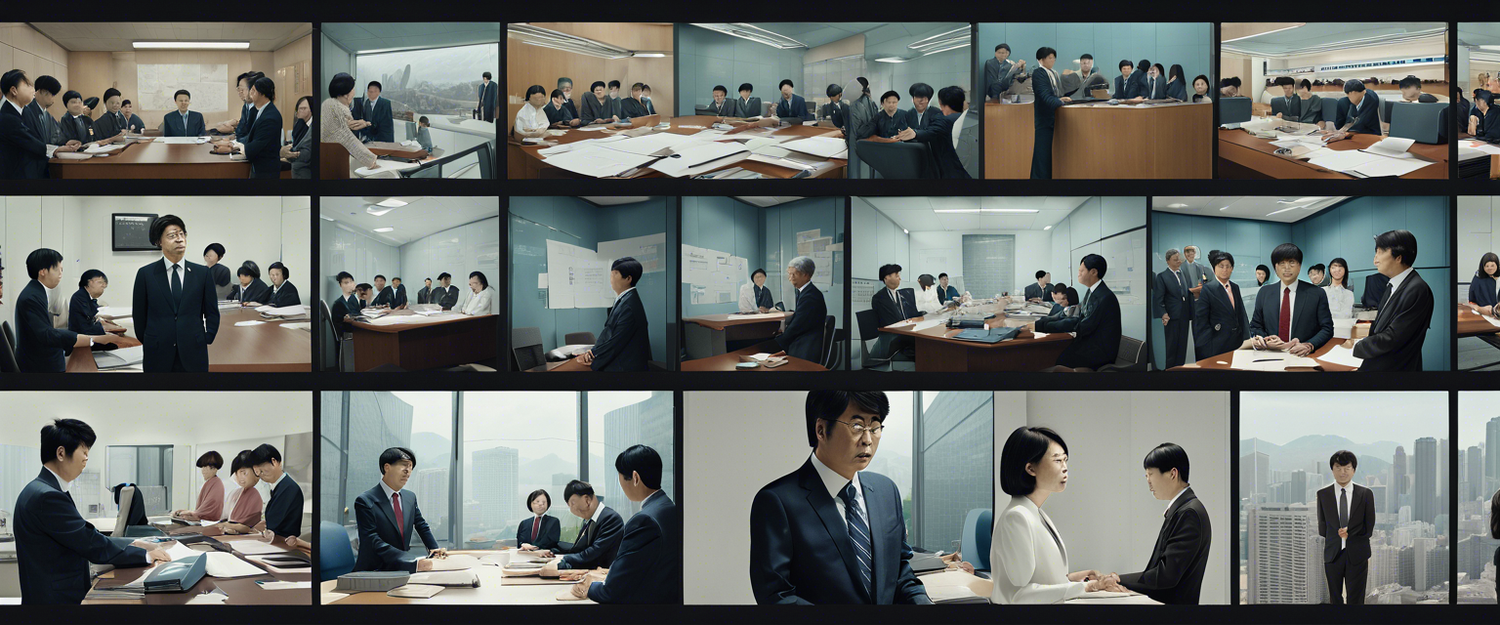South Korea's Economic Response to Political Turmoil
In the wake of President Yoon Suk-yeol's impeachment, the South Korean government has swiftly shifted its economic strategies into a "crisis management" mode. This decisive action reflects the urgency of addressing emerging economic challenges that are arising from the political unrest.
Emergency Meetings to Tackle Economic Issues
Starting December 15, the newly formed economic team will hold daily emergency meetings aimed at addressing the pressing economic issues facing the nation. These discussions will focus on formulating coherent strategies to stabilize the economy during this turbulent period.
Deputy Prime Minister and Minister of Economy and Finance, Choo Kyung-ho, will spearhead these vital meetings, engaging with head officials of relevant economic sectors to ensure a coordinated response. The first emergency meeting is slated for 3 PM local time (UTC+8) on December 15, underscoring the government’s proactive approach.
Impact on Financial Markets
The turmoil in the political landscape has already resulted in notable fluctuations in the financial markets. The South Korean stock market is experiencing volatility, and the South Korean won has plummeted to its lowest level against the US dollar in two years. Such movements signal growing concern among investors regarding the political stability and economic prospects of South Korea.
Credit Rating Agencies' Concerns
While South Korea's sovereign credit rating remains steady for the time being, several international credit rating agencies have raised alarms. They warn that, should the political crisis continue, the risk of an economic downturn might increase significantly. This cautious outlook has prompted the government to remain vigilant and responsive to the evolving political climate.
Government's Proactive Measures
The South Korean government is fully aware of the ripple effects that ongoing political instability can have on the economy and is taking proactive measures to avert potential adverse impacts. By initiating a series of strategic discussions and interventions, the government aims to reinforce market confidence and stabilize the national economy amidst uncertainty.
Conclusion
This political crisis has galvanized the South Korean governmental response as it braces for the economic ramifications of the current environment. As the situation unfolds, close monitoring of both political and economic indicators will be crucial in assessing the future trajectory of South Korea's economy.



发表评论
所有评论在发布前都会经过审核。
此站点受 hCaptcha 保护,并且 hCaptcha 隐私政策和服务条款适用。